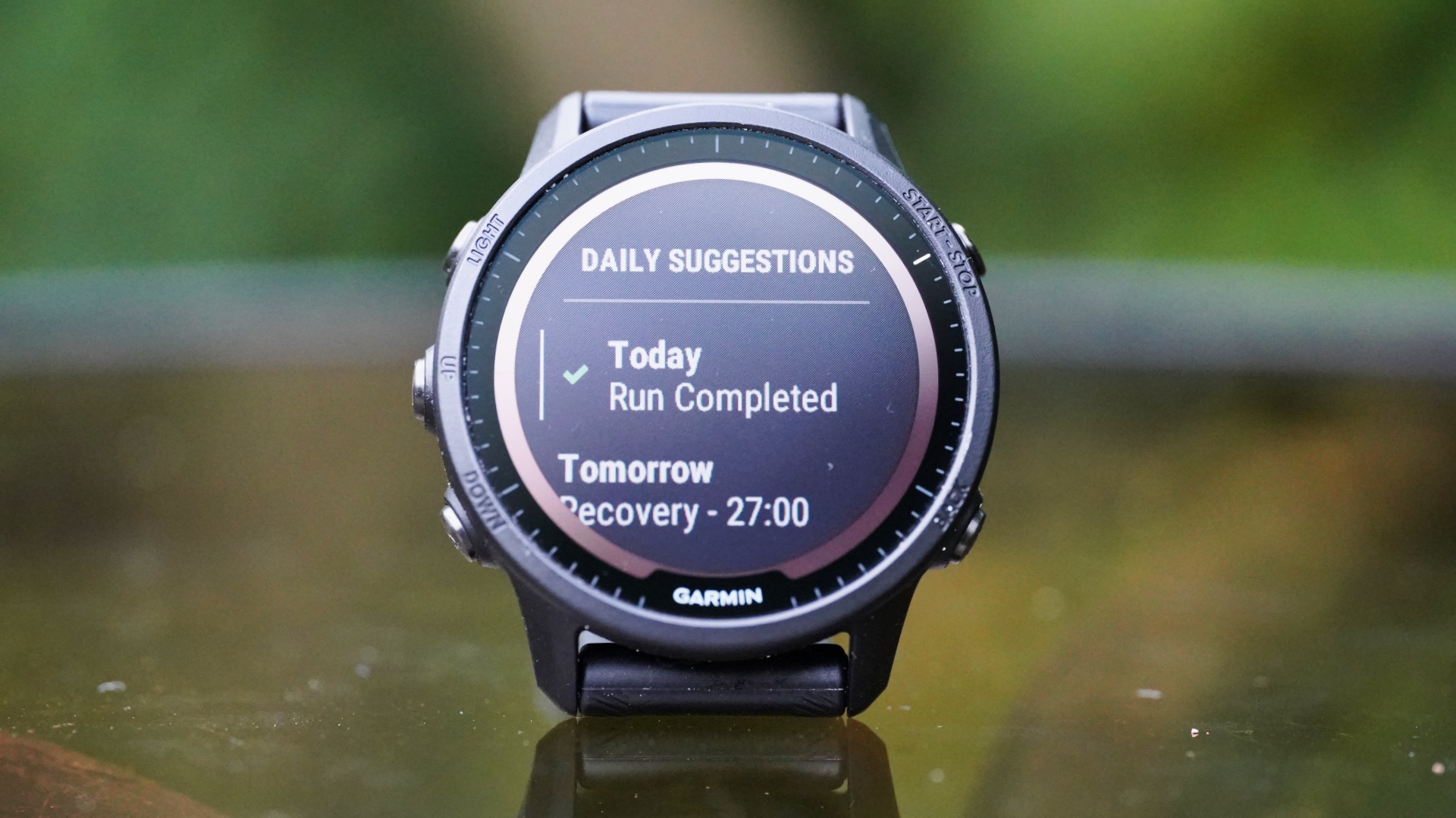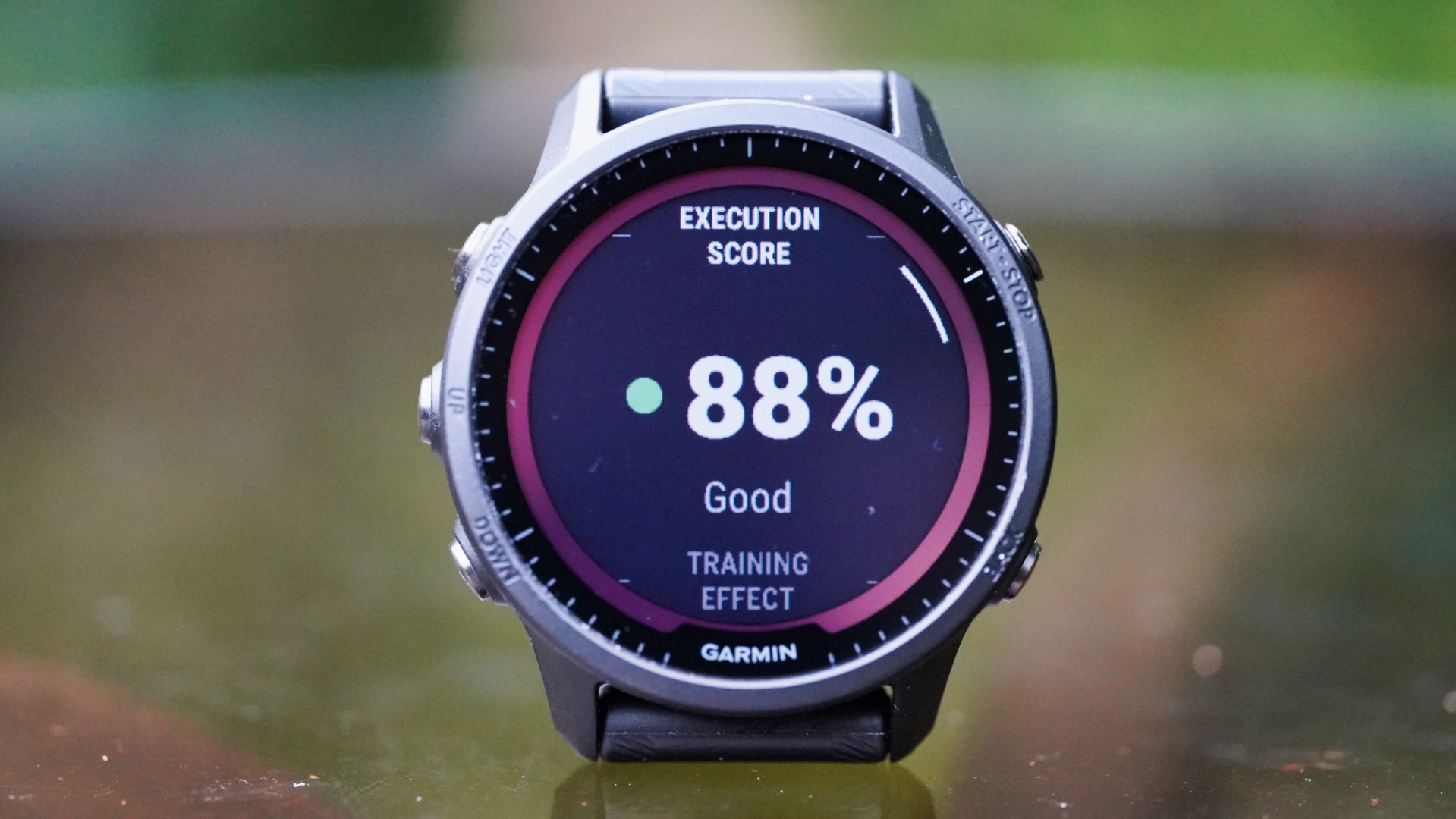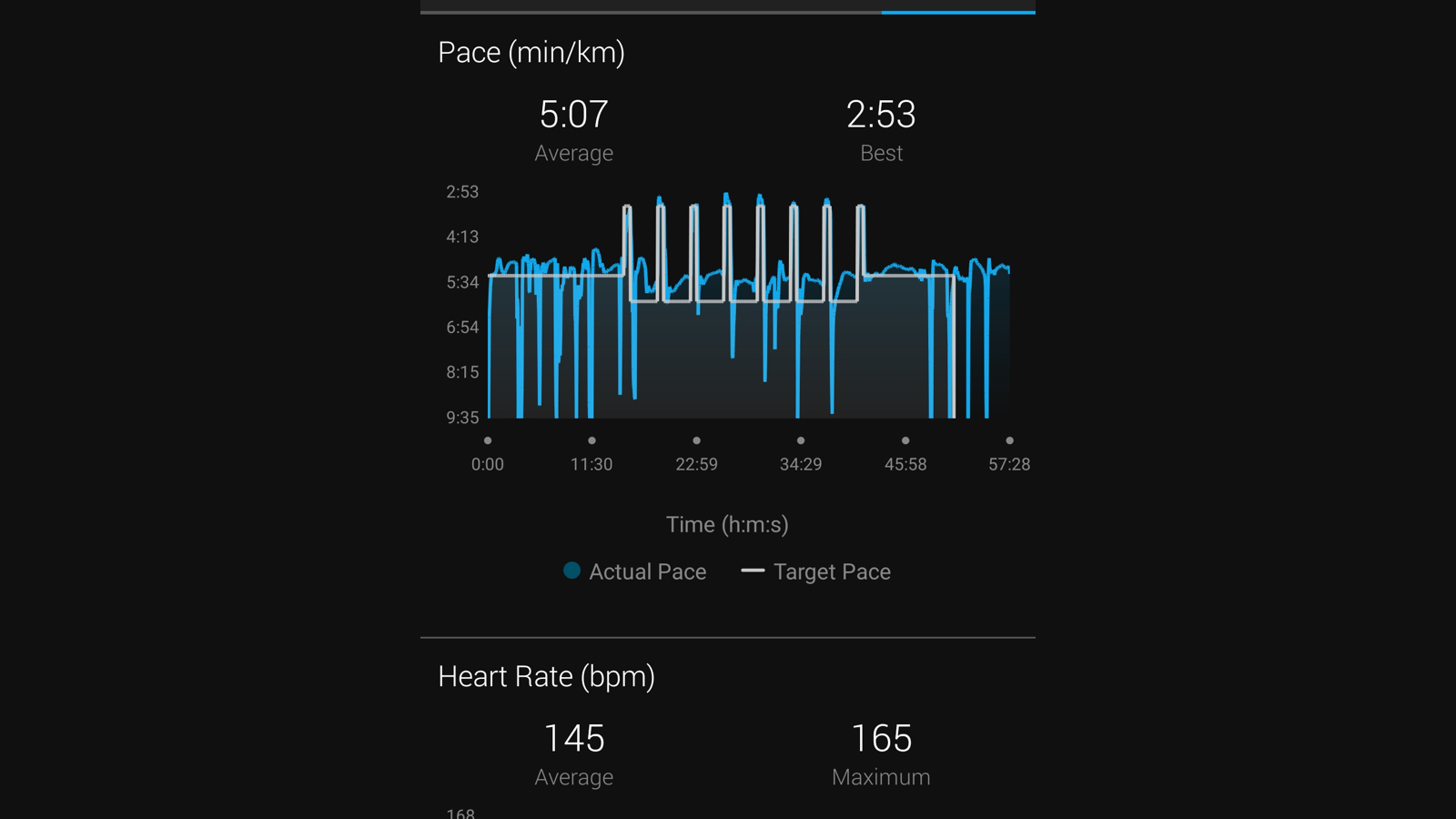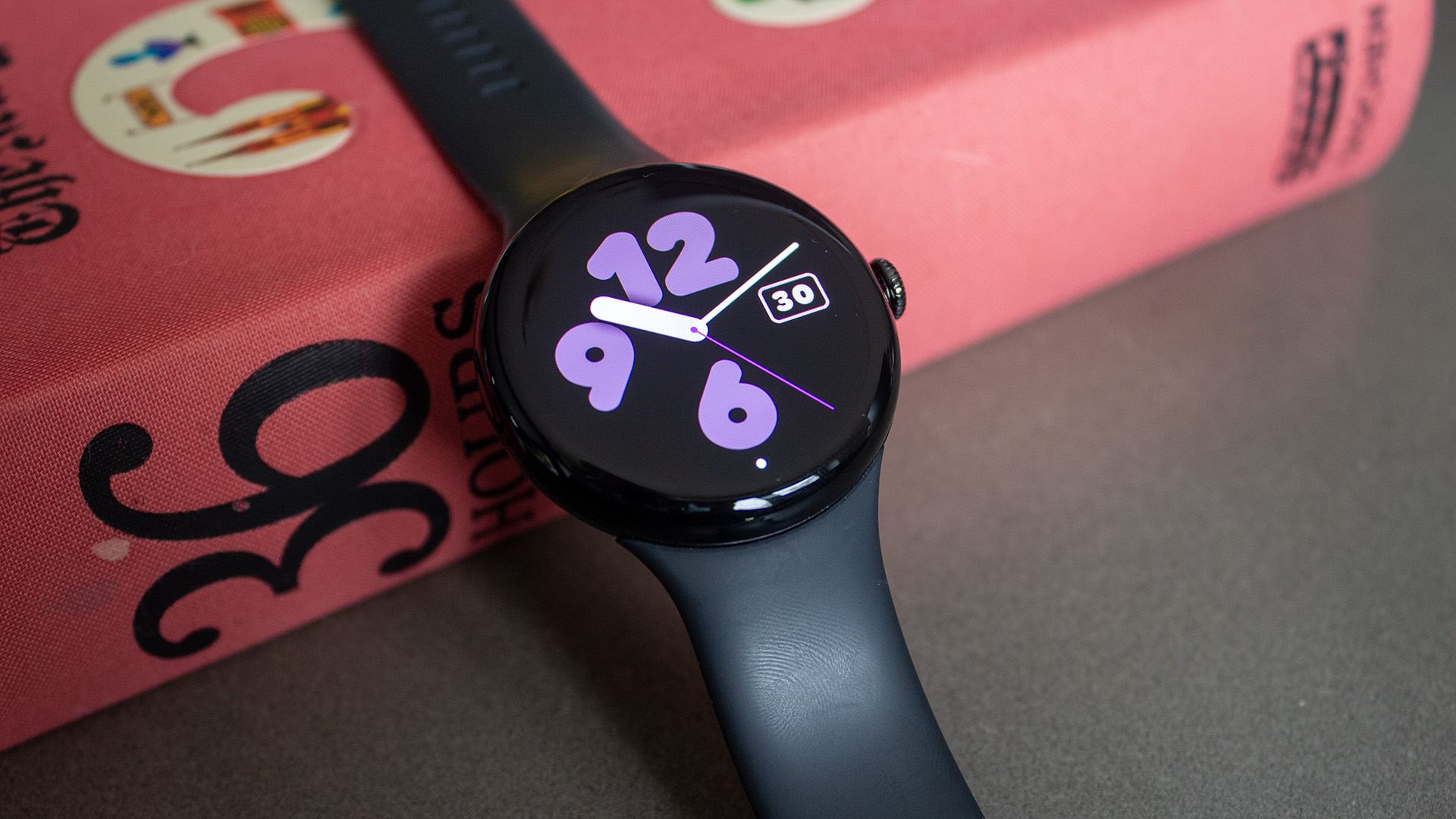

Running is the best sport but it can get pretty boring, especially if you do the same run at the same pace over and over again. This not only makes you less passionate about running but is also detrimental to leg health as you use your muscles the same way time and time again. However, if you have a Garmin watch, the Daily Workout Suggestion feature can help spice up your running workouts the fun way.
I tried many of the best Garmin watches before but I never really paid attention to the daily workout suggestions they offer. But when I tested the Garmin Forerunner 255S – a watch that has this feature – I thought I give them a try and see what happens. Best decision I ever made!
The Daily Workout Suggestions feature was first introduced (links to Garmin) on the Garmin Forerunner 745, around a year and a half ago, and – like many other Garmin features – is powered by the Firstbeat Analytics algorithm. This algorithm is responsible for powering a bunch of features, including Body Battery and even heart rate and pacing corresponding to the lactate threshold.
Garmin Workout Suggestions vs Garmin Coach – What's the difference?
The Daily Workout Suggestions (DWS) are not to be confused with the Garmin Coach (links to Garmin), an adaptive running coach that can help you train for a particular event.
Let's say you have a half marathon coming up in four months; you can set the date and the desired pace in Garmin Coach (GC), along with the days of the week you're planning on training, and it'll assemble a plan for you to achieve that target pace on race day. You can't set completely unrealistic goals (probably for the best), and if you miss a GC session, it won't offer you the same workout the day after.
On the other hand, you'll always have a recommended DWS for the day. This can be anything from recovery to sprints; the algorithm will shuffle these around based on your training load, workout history, etc. And just like in GC, you can see a fair few suggestions for the coming days if you go into your run settings, then Training, then Workouts.
DWS is not based on any events; it's purely to keep your body in check and to improve your stats – there is no endpoint. You'll always get a suggestion, no matter what. According to Garmin, "Each workout suggested is designed to provide an appropriate level of challenge while satisfying a specific need or improving a particular aspect of performance to help you maintain or improve your current fitness level."
Sign up to the T3 newsletter for smarter living straight to your inbox
Get all the latest news, reviews, deals and buying guides on gorgeous tech, home and active products from the T3 experts
Interestingly, DWS never suggested a day off, something GC will always do. You don't have to take DWS on board every day, though.

A week with Garmin's Daily Workout Suggestion feature
After I finished running a 10k every day for a week, the time was ripe to switch things up. Thanks to the new Morning Report feature on the latest Forerunners, I was confronted with the Daily Workout Suggestions (DWS), and they looked enticing – even if I had the mental capacity and patience to assemble a training plan for myself, I wouldn't know how to go about devising a tempo run, for example.
Thanks to DWS, tempo and all sorts of other runs were readily available for me to choose from each morning. Better still, they were tailored to my current workload, VO2 max, lactate threshold etc. And indeed, no matter which workout I went with, I constantly challenged just the right amount – enough to feel slightly exhausted but not to a level where I would risk injury.
I found the tempo runs to be the most exhausting; the sustained moderate effort pace was hard to keep until the end of the run, especially in hot weather. Speaking of the weather: the DWS doesn't take it into account, nor does it care about elevation or traffic – it only cares about pace and time. If you have to wait at traffic lights because you run in an urban environment, achieving a good score at the end of the workout might be challenging.

Daily Workout Suggestions don't take into account if you have to stop for traffic or to let other people go
I did enjoy trying to get a good score, even though it meant I had to look at the running watch more often than I like to ensure I was in the correct zone. I also enjoyed checking upcoming sessions; when I saw a sprint session coming up, I put on the ASICS METASPEED EDGE+. For base sessions, I used the New Balance X 880v12. For tempo sessions, I opted-in for the Nike Air Zoom Pegasus 39.
Another good thing about the DWS was that it always factored in warm-up and cool-down, something I often skip on my daily runs (I know, terrible). My Garmin always made sure I was ready for the sprint sessions – and not surprisingly, my legs were more prepared for the challenge after a 10-15 minute warm-up!
Now, a week later, despite running every day and doing some harder workouts, my legs never felt stronger. Of course, I always made sure I recovered properly using foam rollers and my trusty Therabody RecoveryAir JetBoots and slept well. Still, adding variety to my training helped me keep my legs (and body) in shipshape.
Will I keep on using the Daily Workout Suggestions feature? You bet I will, especially as I've got a 10k race coming up in July so I can mix things up by using the new Race Day Widget on the watch. So many things to look forward to!
Haven't got Garmin Forerunner 955 yet? Check out the hottest deals below!

Matt Kollat is a journalist and content creator who works for T3.com and its magazine counterpart as an Active Editor. His areas of expertise include wearables, drones, fitness equipment, nutrition and outdoor gear. He joined T3 in 2019. His byline appears in several publications, including Techradar and Fit&Well, and more. Matt also collaborated with other content creators (e.g. Garage Gym Reviews) and judged many awards, such as the European Specialist Sports Nutrition Alliance's ESSNawards. When he isn't working out, running or cycling, you'll find him roaming the countryside and trying out new podcasting and content creation equipment.

